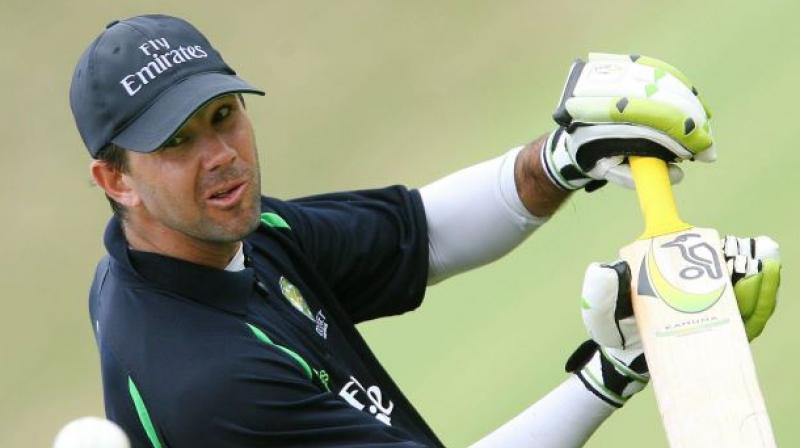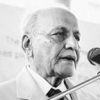Why Gallipoli inspired the Australian cricket team

More than a century after the Gallipoli battle, the Australian cricket team visited the peninsula earlier this month to seek inspiration for the gruelling challenges they face in England this summer — the World Cup beginning on May 30 and the Ashes. Last year, the team visited First World War battle sites in France, with coach Justin Langer calling it “an incredible life experience” which gelled “the team together with different experiences and interpretations of our history”.
It sounds strange that the Australian sportsmen should draw inspiration from a battle that was an unmitigated disaster for the Allies and a stunning victory for an Ottoman empire that was on the decline. The Ottomans had been losing battles and territories to the Habsburgs and the Romanovs. In the late 19th century, the Russians had come so close to Constantinople they could see its minarets. This spawned the ‘Eastern question’ and led to a firm belief among European maritime powers that the Ottomans could stand up to Russia only because of British naval presence in the eastern Mediterranean. The great war proved this theory wrong, for the Turkish empire was able to fight both Russia and the Allies (minus America, as Washington never declared war on the Sublime Porte) on its own for four years.
The last Muslim empire was destined to disappear, but to two men went the credit for vindicating the honour of Ottoman arms in history’s first machine-gun war: two men who never liked each other, two men who quarrelled even on battlefields — one a charismatic, ambitious soldier-politician often reckless in military matters; the other a cool-headed Macedonian, egotist to the core, who didn’t share the former’s pro-German sentiments. They were Enver Bey and Mustafa Kemal.
These four years of battles included two major Ottoman victories — the one at Kut al-Amara over a British-led, largely Indian force and the other at Gallipoli, its western coast facing the Aegean Sea and tempting an invader to land.
Because he returned from North Africa late after the Tripolitanian war with Italy in 1911, Kemal couldn’t take part in the first Balkan war, but in the second conflict (1913), he was posted at Thrace and the Gallipoli peninsula, where he saw little action. Nevertheless, this freedom gave him a unique opportunity to make himself familiar with the terrain. A year later, Kemal was back at Gallipoli, reporting to his German commander, Gen Liman von Sanders, who at the height of the crucial battle of Anafarta gave the command of all his troops to Kemal and later wrote in his diary: “He was a leader who delighted in responsibility… I had full confidence in his energy.” The German general also asked Kemal to give him his breast-pocket watch which was damaged when a bullet hit it.
Why would then the Australian cricket team visit Gallipoli to draw inspiration? The answer lies in the casualties they (and New Zealanders) suffered, estimated at 10, 000. They were in the first wave that touched the coast, but such was the disaster that within 24 hours, the Anzac commander, Gen Birdwood, pleaded with his British chief, Gem Hamilton, to withdraw. Hamilton replied “dig, dig, dig. dig …”
Till today, people Down Under mourn what they perceive to be the lack of courage on the part of their European comrades. Some war diaries give you the impression that the British held themselves back while making their Anzac comrades make suicidal charges into enemy lines as Turkish machine-guns poured hell. Unsurprising, for that’s how the colonial mindset is. In the Second World War at El-Alamein it was the fourth Indian division and its sappers who cleared the way for white troops to do battle with Rommel. The humiliation in the peninsula was not without political consequences. Churchill’s political career all but came to an end because the Dardanelles misadventure was his hare-brained idea. Down Under, there was demand for greater autonomy, and the two governments resisted British pressure to send troops to the Balkans again to take on Mustafa Kemal, who had rejected the Treaty of Sevres and was fighting to save Turkey.
More than a year after the sandpaper scandal in South Africa, Australian cricket seems still to be struggling to overcome the ball-tampering drama that led to the bans on David Warner, Cameron Bancroft and their captain. Cricket is indeed a strange sport: it draws inspiration from battlefields, on which, unlike the gallows, grass grows.
By arrangement with Dawn

